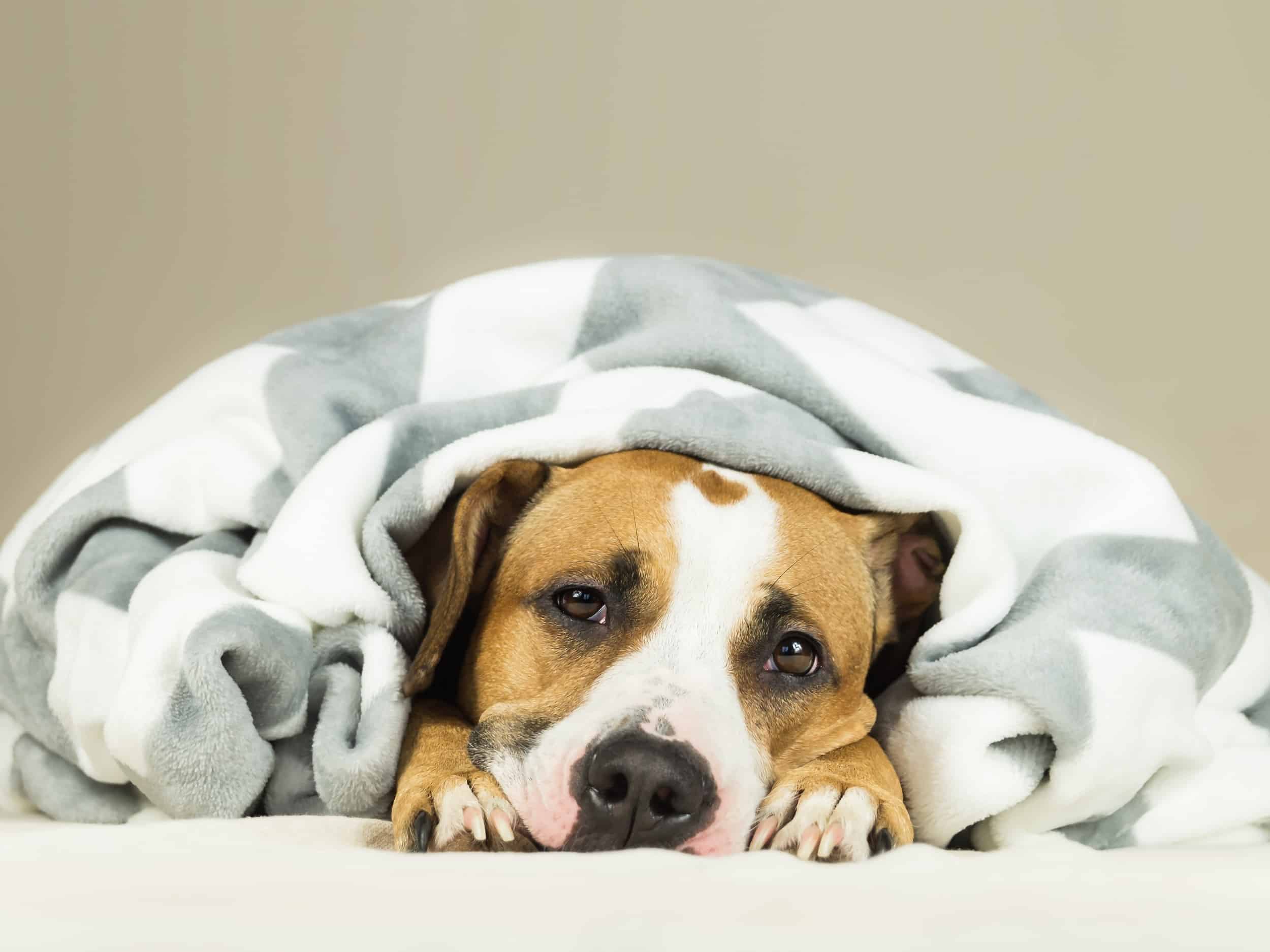What You Should Know About Bacterial Infections in Dogs

Disclaimer: We are not veterinarians, nor do we claim to be canine medical experts. If you believe your dog has a serious medical concern, we highly recommend scheduling an appointment with your veterinarian as soon as possible.
The last thing you want is for your fur baby to feel sick, and when you see that something’s off with your pup, you want to figure out how to make them feel better right away.
One of the illnesses that dogs are vulnerable to is bacterial infections. The good news is that most bacterial infections can be quickly cleared up with the right treatment, so it’s helpful to know how to spot a potential infection.
What Are Bacterial Infections in Dogs?
How Do Dogs Get Bacterial Infections?
There are a few ways your pup may be exposed to harmful bacteria, whether it’s through their diet or something they came in contact with at the dog park. However, a few things could increase your pup’s risk of developing an infection after exposure to bacteria.
- Weakened Immune System: If your pup is recovering from another recent illness, their weakened immune system may make it harder for them to fight off a bacterial infection.
- Poor diet: If your dog isn’t getting the nutrients they need in their diet, then their body will have a more challenging time fighting off disease.
- Age: As dogs get older, they become more prone to bacterial infections because of their weakened immune system.
- Allergies: Dogs with allergies are more susceptible to skin infections because their itching exposes their skin to bacteria.
- Lack of Exercise: Exercise helps your dog’s body stay strong, so it has a better chance of fighting off potential infections.
- Stress: When your pup is stressed, their immune system may be compromised.
Types of Canine Bacterial Infections
There are multiple types of bacterial infections that can affect dogs, including:
- Skin Infections: an overgrowth of bacteria on your dog’s skin that can spread all over your dog’s body.
- Leptospirosis: a bacterial infection from coming into contact with the infected urine of another animal.
- Lyme Disease: a bacterial infection passed through a tick bite.
- Bacterial Ear Infections: an overgrowth of yeast or bacteria in your dog’s ear.
- Bacterial Eye Infections: exposure to a harmful bacteria that causes reddened eyes or irregular discharge.
- Urinary Tract Infection: an infection that attacks your dog’s urinary tract that may cause more frequent urination and water consumption.
- Pyometra: a bacterial infection in a female dog’s uterus that is typically seen in older unspayed dogs.
What Are the Symptoms of Bacterial Infections in Dogs?
The symptoms of a dog’s bacterial infection will depend on the type of infection they have. However, you can expect that a dog with a bacterial infection will have digestive upset (vomiting or diarrhea), a fever, and will act lethargic or cranky.
How to Treat My Dog’s Bacterial Infection
Again, the treatment method will depend on the type of infection afflicting your pup. We strongly recommend taking your dog to a veterinarian to get an accurate diagnosis and a carefully curated treatment plan. Then, you’ll want to follow the vet’s instructions precisely.
Can I Still Send My Pup to Doggy Daycare If They Have a Bacterial Infection?
We understand that you may have dog training or dog boarding scheduled, but your dog should stay home when they aren’t feeling well. Just like you wouldn’t send your kid to school if they had the flu because it would put other students at risk, your dog should stay away from other dogs until you know that the infection has cleared up.
You want to be able to send your four-legged friend to dog daycare without worrying that another dog will make them sick, so you shouldn’t risk getting someone else’s dog sick. If you need a place for your dog to stay, you can always talk to your vet about their in-house boarding options.
If you have questions about when it’s safe for your dog to be around other pups again, talk to your vet.
Once your pup is feeling better, we’d love to welcome them at one of our facilities in Naples, Bonita Springs, or Stuart. Schedule your pup’s stay at Ruffgers today.
#dog boarding near me #Naples dog boarding #doggy daycare near me #dog training Bonita springs #Bonita springs dog training #Stuart dog boarding